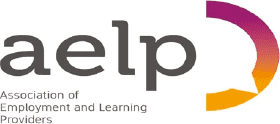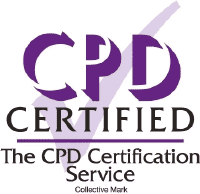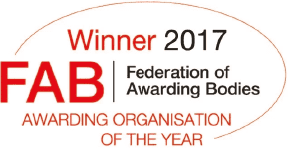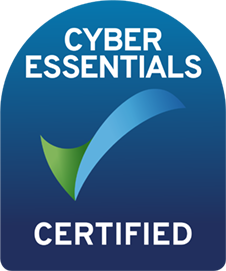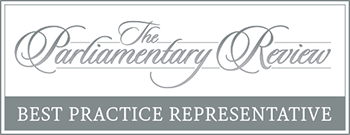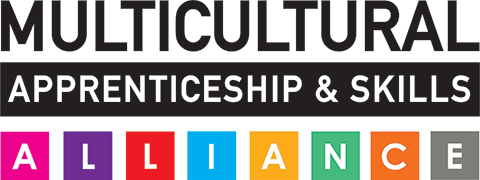Creating Study Programmes that fit the Learner
It’s a common misconception that there’s a restriction on the number of funded hours for core subjects. Actually you can distribute learning to how best fits the individual needs of the learner as long as the full study programme is no more than 600 funded hours.
Purposeful Curriculum
A new element of the Education Inspection Framework is that Inspectors will now consider how leaders and teachers develop or take on a purposeful curriculum, that provides progression and stretch, as well as English and maths for all learners – including those without GCSE legacy grades A* to C (reformed grades 9 to 4) and, where relevant, work experience or industry placements and non-qualification activities. The focus is now much more on the learner; how teaching, learning and assessments allow learners to build a portfolio of skills, including from English and maths, which not only improve their progression routes in line with their career aims but also develop their personal, social and employability skills.
In terms of English and maths don’t undervalue the importance of one-to-one support and giving additional lessons to those who need them, as previously Inspectors found there wasn’t enough of this.
Alternative Ways of teaching English and Maths
Engaging learners is the difficult part of teaching English and maths. Try mapping English and maths lessons to job tasks and creating scenarios relatable to the learner. Also consider delivering some lessons in different environments relevant to the learner – for example, teach hair and beauty students in the salon.





